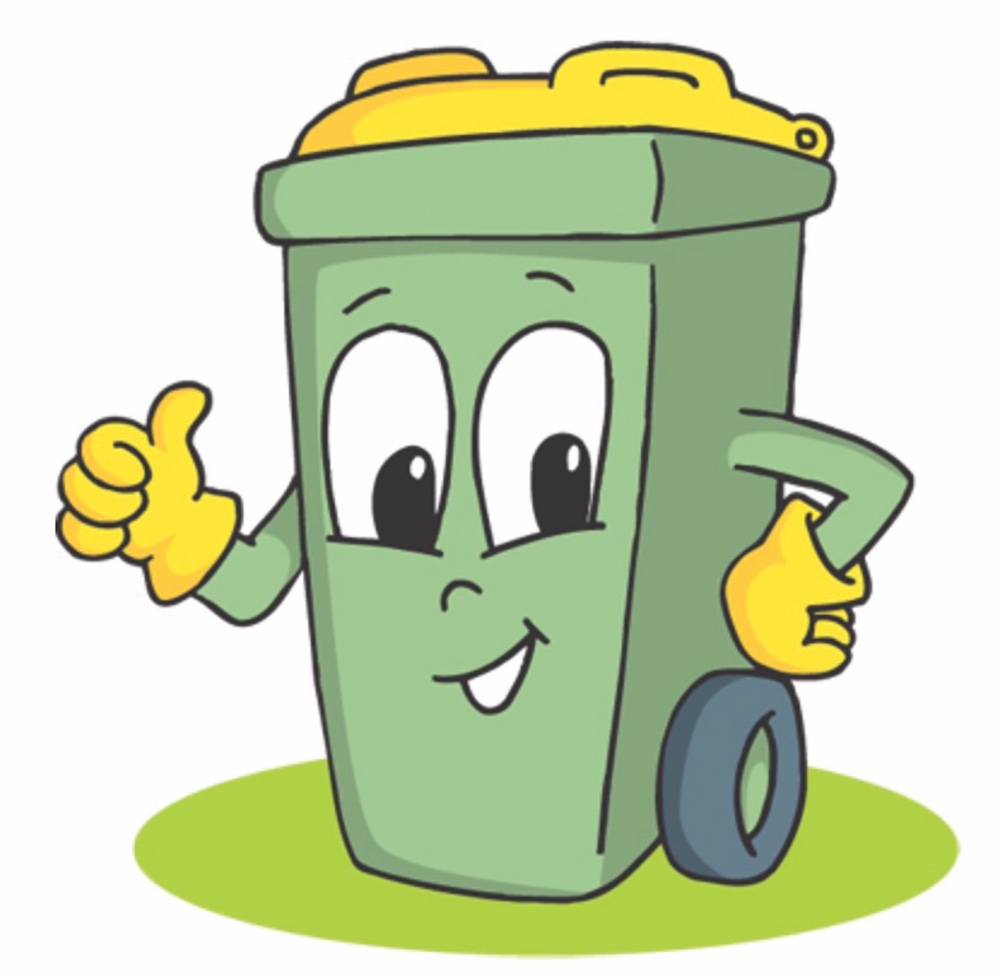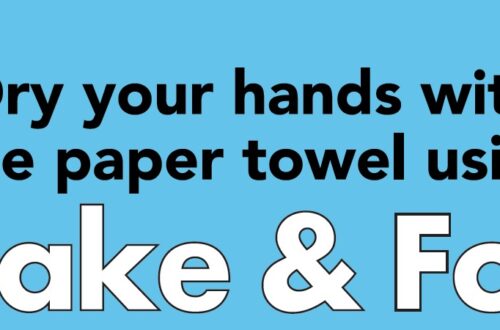How We Reduce Our Waste
Each one of us, as individuals, can make a difference.
If you have been reading the Green Living Journal for a long time, you may have seen my author bio, which mentions that my husband and I have produced just one can of garbage per year since 2006. Often, when people read or hear that, the response is, “How do you do that?!!” Sometimes, the unspoken response is, “So what?” Or “That’s a quaint habit, good for you.”
We started our waste reduction practices long ago, beginning in 1993 when we first participated in the Northwest Earth Institute discussion courses. We learned about the impacts of our American consumerist practices and how those practices affect the ecosystems that all life depends on.
We learned from Annie Leonard, author of The Story of Stuff, that “For every can of waste you put out on the curb, 70 garbage cans of waste were created upstream to make the junk in that one garbage can you put out on the curb.”
Now, pause for a moment – no, pause for several moments – to contemplate that statement. Think of one item, this one bit of the Earth, that you put in the garbage can. Then try to envision the resources that went into making that item – the extraction, the manufacturing, the energy used, the trucking or shipping, the packaging, the lights and heat in the store, etc.… you see where this goes. And then, it is tossed into a garbage can, emptied into a garbage truck, hauled to a landfill, and entombed. Then the process starts all over again. Stop to contemplate what it truly is that you are putting in the garbage can to molder in a landfill forever.
In my waste reduction class, Less is More: Getting to One Can of Garbage a Year, I ask people to take one item that they happen to have with them, and then imagine what goes into making it from start to finish: where does it come from and where does it go? I have watched “light bulbs” go off in people’s minds when they do this exercise. They comprehend that what they are consuming and throwing away is, in effect, our planet. Try doing that exercise at home. What goes into making a paper clip, or a rubber band, or a plastic bag, or “throwaway fashion”?
Unfortunately, we aren’t taught about ecological principles. (goodness, if we were, that might interrupt sales.) We take Nature’s resources for granted, thinking that they can regenerate instantly and will always be available for our desires, and we are ignorant of the effects of what we do. The Earth is not a Dollar Store or a Walmart. Those resources aren’t just for humans. They belong to all life. How often do we stop to think about how many trees we cut down for what products? What happens to the wildlife that dwells in those forests? How much oil is being pumped from the Earth to be made into those throwaway plastic items? And what are the health impacts of those plastics? They are not benign. What we don’t know can hurt us. (Try Googling “impact of plastic on health.”)
Reducing our waste reduces climate change. It’s that simple. Ask yourself what’s more important, some new trendy thing or a livable planet? What’s more important, stuff or a future? For all the resources you use, remember they aren’t yours: They are ours. They belong to every living being, so we have to learn to consider our interconnectedness.
The title of this essay, One Can, is about more than reducing waste to one can of garbage a year. It also means that each one of us, as individuals, can make a difference. And it is so easy once you get started. Start with one thing you can reduce the use of. For example, did you know that clean drinking water is becoming scarce? Please, please, stop letting the water run down the drain while you’re washing dishes or brushing your teeth. Set a timer for your shower, and catch the water in a bucket and use it on plants or to flush the toilet. (Why does it make sense to flush with clean drinking water anyway?) And speaking of toilets, switch to post-consumer recycled content toilet paper (see below). Take a moment and search online for how any trees are cut down to make toilet paper. It’s crazy and totally unsustainable. We need those trees for clean air, shade, and carbon sequestration. Toilet paper can be made from other resources, such as bamboo or hemp.
We take Nature’s resources for granted, thinking that they can regenerate instantly and will always be available for our desires, and we are ignorant of the effects of what we do.
What one thing will you decide to change? Take some time to sit back and give this some thought. Remember, when you toss a durable item, more needs to be made to replace it. Maybe you will pause before you purchase another thing. Maybe you’ll ride your bike to work. Maybe you will unplug your devices when fully charged rather than leaving the charger plugged into the socket; it continues to draw energy. Maybe you will lower your thermostat or raise your air conditioner a couple of degrees. Maybe you will hang your laundry to dry. Maybe you will grow some of your own food. Maybe you will eat all the food on your plate rather than sending it to a landfill where it will produce dangerous methane gas. Remember to think about how much water, fertilizer, transportation, processing, etc., are embedded in our food. There are so many opportunities to make a difference and feel good about it. Maybe you will switch from paper to cloth napkins and towels, saving more trees. Maybe you will take shorter showers. Maybe you will go online to learn more about reducing your ecological footprint. A good outcome of this practice is that your water, power, and “stuff” bills will be lower.
I mentioned Northwest Earth Institute at the beginning of this piece. Its new name is EcoChallenge, and they are connecting individuals all over the world. Give it a look. Here is a link about their collective impact: ecochallenge.org/collective-impact/
We have big brains. Let’s use them to take on climate change. There is so much information on the internet; let’s use that information to make smart choices. Each one of us depends on all the rest of us taking action for future generations.
Thanks.
Additional Resources
The Story of Stuff video: bit.ly/3QfgWDq
Shortage of clean drinking water: bit.ly/3KibKek
Trees used for toilet paper bit.ly/3QkhUOK
Consequences of food waste: bit.ly/47d9jDt
Vampire energy: bit.ly/3YeSaVO
Post-consumer content: bit.ly/43Ku3jg
EcoChallenge: ecochallenge.org

Betty Shelley is a Master Recycler (class #2), a former Metro Recycling Information Specialist, an Agent of Change, and the founder of Reduce Your Waste Project. Betty found Northwest Earth Institute in 1993 when it was founded in Portland. The NWEI discussion courses made her more aware of the choices we make as well as the consequences of those choices. Since 2006, Betty and her husband, Jon, have had just one 35-gallon can of garbage per year. The Shelleys offer the class “Less is More:Getting to One Can of Garbage a Year”.







One Comment
Pingback: